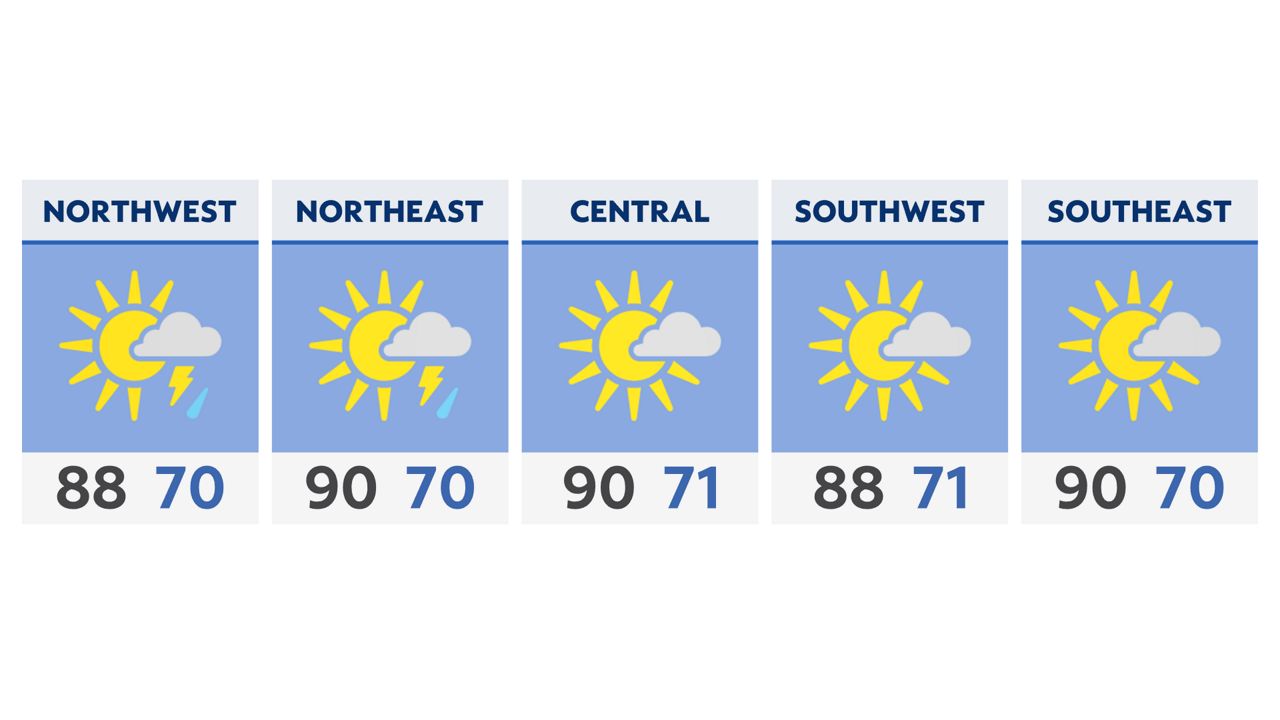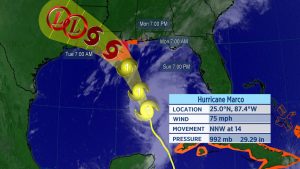Senate Majority Leader Chuck Schumer announced on the Senate floor Thursday that the chamber will hold a procedural vote on the still-developing bipartisan infrastructure proposal next week, putting pressure on lawmakers in both parties to finalize the agreement.
Last month, President Joe Biden and a bipartisan group of senators announced they’d reached an agreement that would cost around $1 trillion — including around $579 billion in new spending — for roads, water systems and other traditional infrastructure projects, including removing lead pipes and expanding access to high-speed internet.
“Today, I’m announcing that I intent to file cloture on the vehicle for a bipartisan infrastructure bill on Monday of next week,” Schumer said in his remarks Thursday. “Senators will have until Wednesday of next week before the initial vote on cloture on the motion to proceed.”
“All parties involved in the bipartisan infrastructure bill talks must now finalize their agreement so that the Senate can begin considering that legislation next week,” Schumer added, noting he has also instructed Democrats to finalize the details of the $3.5 trillion budget reconciliation bill by the same Wednesday deadline.
While the bipartisan bill focuses on traditional infrastructure elements, the Democrats’ $3.5 trillion budget measure includes President Biden’s “human infrastructure” proposals, including funding for universal pre-kindergarten, paid family leave, an expansion of medicare and even a pathway to citizenship for potentially millions of immigrants in the U.S., according to a senior Democratic aide.
Biden held meetings related to both measures on Wednesday: A closed-door luncheon with Senate Democrats on the budget measure, followed by a meeting with a group of governors and mayors from both parties to tout the benefits of the $1 trillion bipartisan infrastructure framework.
The bipartisan measure would require 10 Republican votes to pass with the support of all 50 Senate Democrats due to the chamber’s 60-vote legislative filibuster threshold; the budget reconciliation bill could pass with a simple 50-vote majority.
“The time has come to make progress,” Schumer, who has indicated he hopes to hold votes on both measures before the Senate’s recess in August, said. And we will. We must.”
Both Republicans and Democrats have struggled to complete the final agreement on the bipartisan measure, including, notably, how to pay for the plan. Senators are still working to flesh out the measure and are aiming to wrap up the details by Thursday despite opposition from business leaders, outside activists and some GOP senators over how to fund the measure, which includes the $579 billion beyond regular expenditures already funded by gas taxes and other sources.
A Democratic aide said there would be language barring tax boosts on people earning under $400,000 annually, on small businesses and on family farms.
Sen. Mark Warner, D-Va., a leading moderate, said the entire measure would be paid for with new revenue. Senate Finance Committee Chair Ron Wyden, D-Ore., said in an interview that he’s working on proposals to “ensure that the superwealthy and mega-corporations pay their fair share” of taxes and for extra funding for the IRS to crack down on tax scofflaws.
“I’m not gonna vote yes if we don’t have a product,” Ohio Sen. Rob Portman, a key Republican negotiator on the bipartisan package, said. “We’re gonna get it right.”
“I think there’s a lot of drafting that has to be done and there are still a number of outstanding issues that have to be resolved,” Sen. Mitt Romney, R-Utah, another key GOP lawmaker on the plan, said. “And I think … we’ll move quickly, but we’re not going to vote on something until we actually have a bill.”
Minority Leader Mitch McConnell used his floor speech on Thursday to criticize the Democrats’ spending measures, calling the $3.5 trillion plan “yet another budget-busting socialist package, twice as big as the last one. I’m sure this is just what working Americans want to hear.”
Sen. Lindsey Graham of South Carolina, the top Republican on the Senate Budget Committee, labeled the plan a wasteful liberal wish list which he claimed would fuel inflation and boost taxes.
“Count me in for real infrastructure,” Graham said in a statement. “Count me out for a tax and spend plan from Hell.”
The Associated Press contributed to this report.




